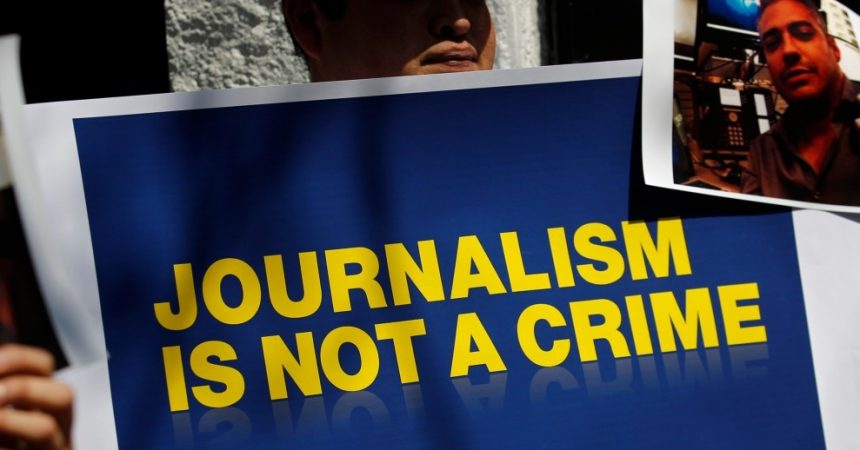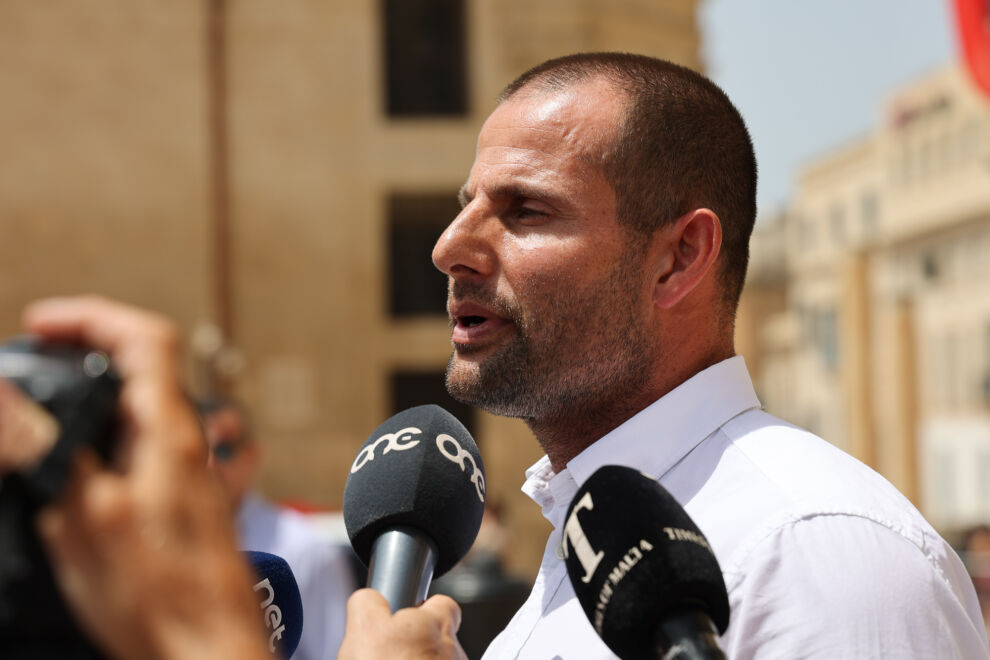Freedom of expression is at its lowest point since the turn of the century, according to a study held in 172 countries. It shows journalists facing violence, prosecution and financial ruin in many countries, across all continents.
The report published yesterday by Article 19 – a freedom of expression campaign group – concludes that more and more journalists are facing various threats, from government censorship to organised crime.
“Unfortunately, our findings show that freedom of expression is under attack in democracies as well as authoritarian regimes,” Thomas Hughes, the executive director of Article 19, said.
In an article penned for the Guardian, Hughes said “the safety situation is getting steadily worse worldwide. Journalists face not only censorship, but also physical danger, ranging from threats, attempted or actual assaults, abductions, disappearances and murder.”
The Article 19 study says that growing impunity for aggressors helps create a threatening environment, which further restricts free speech and the free exchange of information.
In 2016 alone, 79 journalists were killed for their work and a further 259 were imprisoned. According to the Committee to Protect Journalists the number has plummeted to 48 this year, however the recent murder of Maltese investigative journalist Daphne Caruana Galizia in October was a timely reminder of the dangers faced by journalists and the value of their work.
In a recent speech in Parliament during the debate on the new media law in Malta, former Opposition Leader Simon Busuttil highlighted the “climate of fear, threats and insults” that has gripped the country.
More pointedly, Busuttil said that despite the positive changes proposed in the draft law, advertising revenue is being used by government to impede media independence and diversity of content.
Malta’s media landscape is dominated by the two major parties who directly or indirectly own the vast majority of media outlets. But the government is the dominant voice across all platforms.
Press freedom, the study adds, is further threatened by the rise of the internet because online content is being controlled by a handful of companies whose processes “lack transparency”.
Hughes also points out that the situation is not only getting worse in autocratic countries and dictatorships, but even in countries with long-standing commitments to free speech. They have created hostile environments for journalists.
The report highlights the deployment of tactics normally associated with authoritarian regimes by democratically elected leaders with cries of “fake news” and the aggressive attacks on critical voices.
“Violence and threats are not the only tools being deployed by States, which are becoming increasingly sophisticated in how they censor the media,” Huges said.
“Commercial avenues such as ownership, taxes and advertising revenue are being increasingly used to impede media independence and diversity of content. There is a growing trend of monopolistic ownership and state-sponsored advertising to control content. This threat is further reinforced by the collapse of the traditional revenue for media,” Hughes said.
Over the course of four and a half years the Maltese government spent around €50,000 per month advertising on Facebook and Twitter. Between 2013 and October this year, government expenditure on social media amounted to €2.6 million (excluding the bill of the finance and justice ministries).












